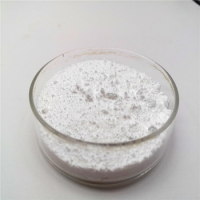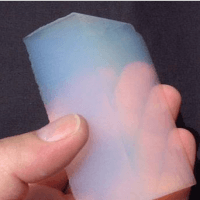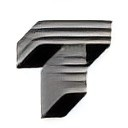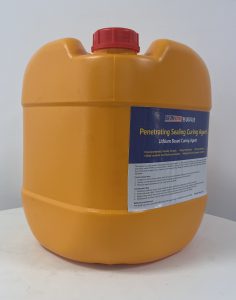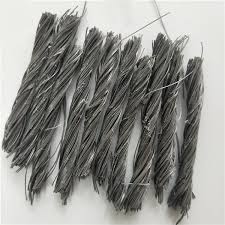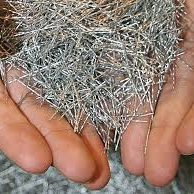Professional solutions on concrete addtives, Concrete Foaming Agent, Superplasticizer, CLC Blocks Additives, and foaming machine
(What are Concrete Additives?)
Concrete additive is a substance added in the process of mixing concrete to improve the performance of concrete, the amount of which is not more than 5% of the quality of cement (except in special cases).
Classification of concrete additives
Concrete additives are divided into four categories according to their main functions.
1. Additives to improve the rheological properties of concrete mixing, including various water reducers, air entraining agents and pumping agents, etc.
2. Additives that regulate the setting time and hardening properties of concrete, including retarders, early strength agents, and accelerators, etc.
3. Additives to improve the durability of concrete, including air entraining agent, waterproof agent and rust inhibitor, etc.
4. Additives to improve other properties of concrete, including aerator, expansive agent, antifreeze, colorant, waterproofing agent and pumping agent, etc.
Water reducing agent:
Water reducing agent or superplasticizer refers to the additive which can keep the workability of concrete unchanged and significantly reduce the amount of water used for mixing. Because the water reducer is added to the mixing house, if the unit water consumption is not changed, it can obviously improve its workability, so the superplasticizer is also called plasticizer.
Action mechanism of superplasticizer
After cement is mixed with water, the cement particles will attract each other and form many flocs in the water. In the flocculent structure, a lot of mixed water is wrapped, so that the water cannot increase the fluidity of the slurry. When the superplasticizer is added, the superplasticizer can disassemble these flocculent structures and liberate the wrapped free water, thus improving the fluidity of the mixture. At this time, if the workability of the original concrete still needs to be kept unchanged, the mixing water can be significantly reduced and play a role in reducing water, so it is called superplasticizer.
If the strength remains unchanged, the amount of cement can be reduced while reducing water, so as to achieve the purpose of saving cement.
Commonly used water reducing agent
The main types of superplasticizers are lignin series, naphthalene series, resin series, molasses series and humic series, which can be divided into common superplasticizer, superplasticizer, early strength superplasticizer, retarding water reducer, air-entraining superplasticizer and so on according to their main functions.
Early strength agent:
The additive which accelerates the development of early strength of concrete is the early strength agent. This kind of concrete can accelerate the hydration process of cement, improve the early strength of concrete, and has no significant effect on the later strength. There are three kinds of commonly used chloride, sulfate, triethanolamine and compound early strength agents based on them.
1. The commonly used chloride early strength agents are mainly calcium chloride and sodium chloride. Chloride additive can obviously improve the early strength of concrete. Because chloride salt can accelerate the corrosion of steel bar, the content of chloride salt is often controlled, and the content of unreinforced plain concrete is generally 1% of the cement quality.
2. The commonly used sulfate early strength agents are mirabilite, dihydrate gypsum and Haibo. They are all white powders, which can be hydrated calcium sulphoaluminate crystals formed by hydration with cement in concrete, which can accelerate the hardening of concrete, and the suitable content is 0.5% of the weight of cement.
3. Triethanolamine. Triethanolamine is a kind of organic matter, which is colorless or yellowish oily liquid, soluble in water, alkaline, and has the effect of accelerating cement hydration. Overuse will cause a significant decrease in strength.
4. Compound early strength agents. The above three kinds of early strength agents can be used alone, but the effect of compound use is better.
Air entraining agent:
In the process of mixing concrete, the additive which can introduce a large number of evenly distributed, stable and closed micro-bubbles is called air entraining agent. The air entraining agent can be introduced into the concrete mixture with a diameter of about.
0.05~1.25mm air bubbles can improve the workability and workability of concrete and improve the frost resistance of concrete. it is suitable for port engineering, hydraulic engineering, underground waterproof concrete and other projects. The commonly used products are rosin heat polymer, rosin soap, sodium alkyl sulfonate and sodium alkylbenzene sulfonate.
Retarder:
The additive that prolongs the setting time of concrete is called retarder. In concrete construction, in order to prevent the premature setting of concrete mixture from affecting the pouring quality under the conditions of high air temperature and long transportation distance, in order to prolong the heat release time of mass concrete or to prevent construction cracks in layered concrete, it is often necessary to add retarder to concrete.
Antifreeze:
The additive that can harden concrete at negative temperature and achieve sufficient antifreeze strength within a specified period of time is called antifreeze. Concrete projects constructed under negative temperature conditions should be mixed with antifreeze. In general, antifreeze can not only reduce the freezing point, but also promote coagulation, early strength, water reduction and so on, so it is mostly compound antifreeze. The common ones are NC- 3, MN- F, FW2, FW3, AN-4, etc.
Concrete Additives Supplier
TRUNNANO is a reliable concrete additives supplier with over 12-year experience in nano-building energy conservation and nanotechnology development.
If you are looking for high-quality concrete additives, please feel free to contact us and send an inquiry. (sales@cabr-concrete.com)
We accept payment via Credit Card, T/T, West Union, and Paypal. TRUNNANO will ship the goods to customers overseas through FedEx, DHL, by air, or by sea.
(What are Concrete Additives?)



